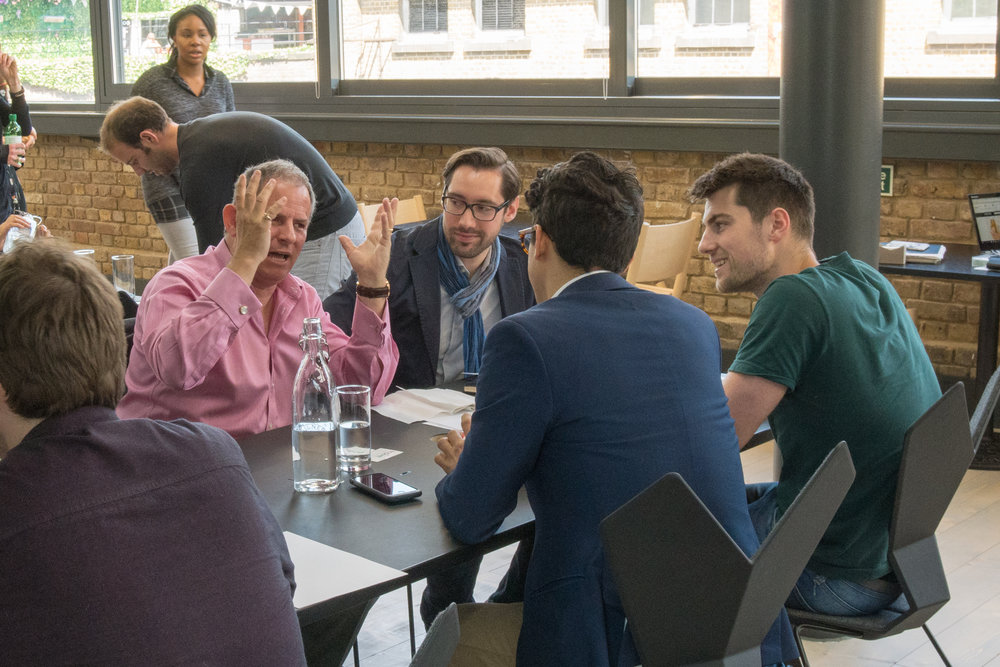


To expand further on this example, what if the vessels used when transporting this seafood are outdated and produce unnecessarily high hydrocarbon emissions? The tenets of sustainable finance are do good, but also do no harm. In this specific example, the seafood industry is particularly errant with modern day slavery labour practices and thus sustainably sourcing goods is only a portion of the equation that must be solved for. For instance, if a consumer purchases seafood on the basis that there are endorsements that the seafood in question was caught sustainably, but does not look further than how that seafood was transported along the supply chain. However, instead of endorsement stickers and badges on a product, what if we consumers could retrospectively track the journey of goods that we purchase / intend to purchase? Perhaps the nature of sustainability can be an exercise in quick wins. It also allows various parties to a supply chain to monitor and account for the journey of goods using bills of lading. Supply chains present an opportunity for transparency regarding origination and transport of goods. Technology can therefore be the bridge that connects all parties in an economic ecosystem and would create accountability and transparency across a supply chain. From large corporates, to individuals, the need to live, and promote, sustainability is now a hard requirement if the world is going to satisfy the United Nations Sustainable Development Goals. It would be trite to assume that the readers of this article are unaware of the desperate need to incorporate sustainability into all aspects of our lives. Perhaps the broader discussion is whether the changing needs of consumers is mutually inclusive to the broader needs of the world. As with all technology, base operating systems can be modified and, in some instances, repurposed to give effect to changing needs of consumers. Being able to scan items in real time allowed consumers the convenience not only to avoid queues, but to also resist the temptation of asking a cashier to “throw in an extra plastic bag or two” when it came time to check out. When smart shopping was introduced into the UK a few years ago, consumers were amazed by the innovation offered to them to save time on shopping. He specialises in sustainable finance and can be reached at.

By Marc Naidoo, Finance partner in the London office of international law firm, McGuireWoods.


 0 kommentar(er)
0 kommentar(er)
